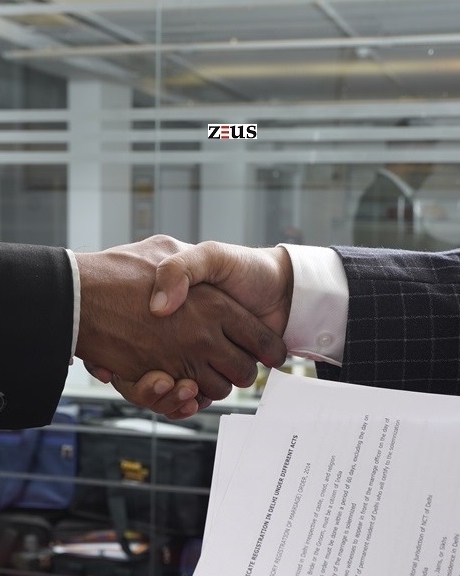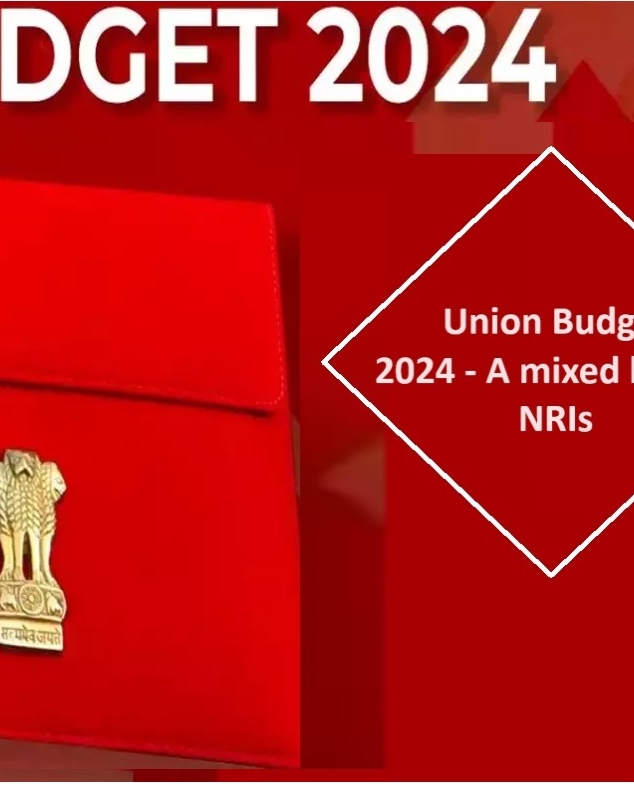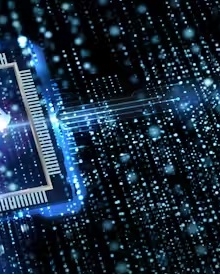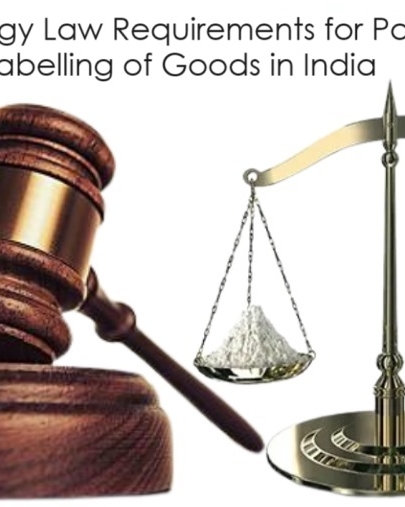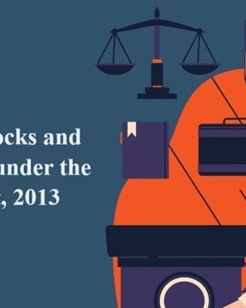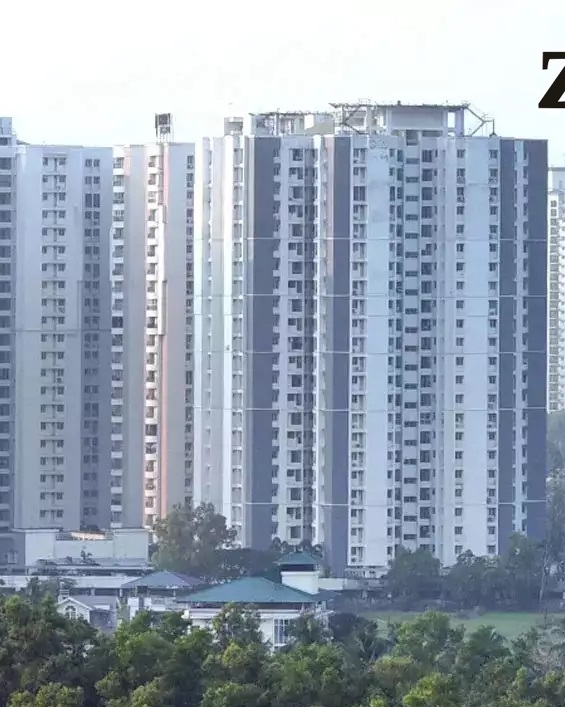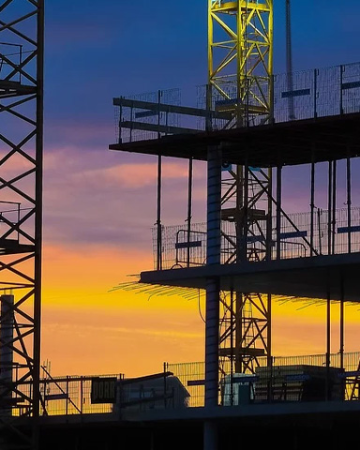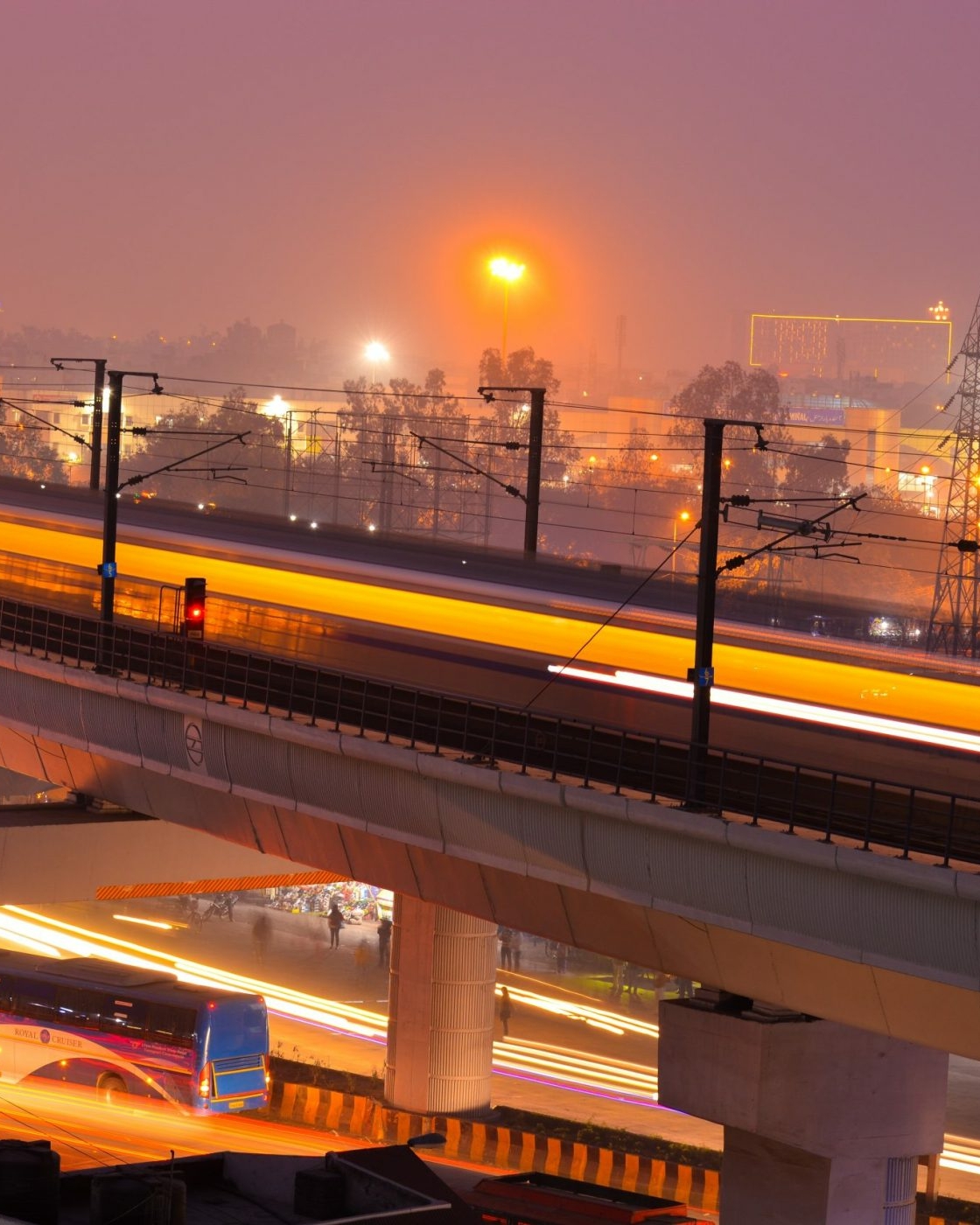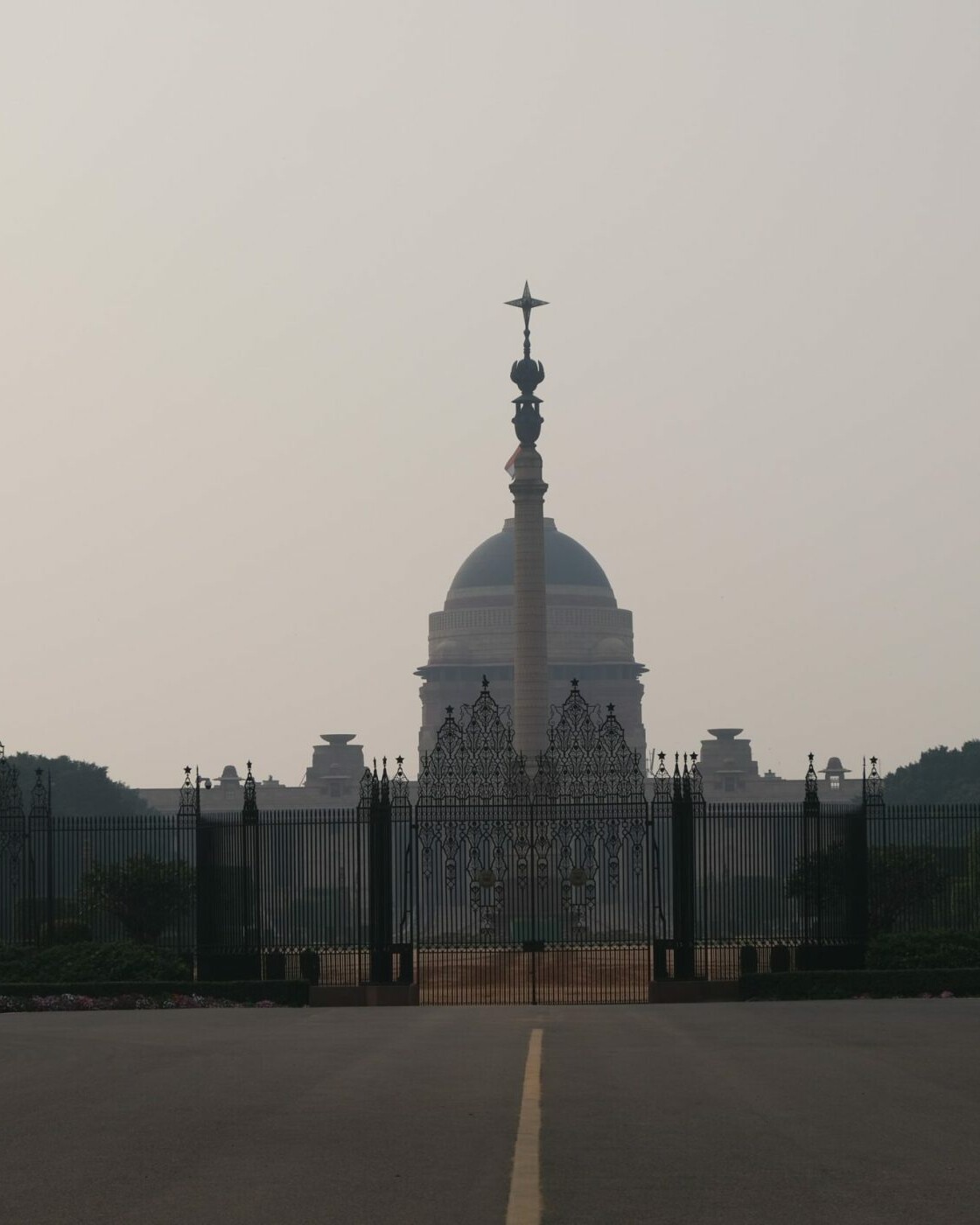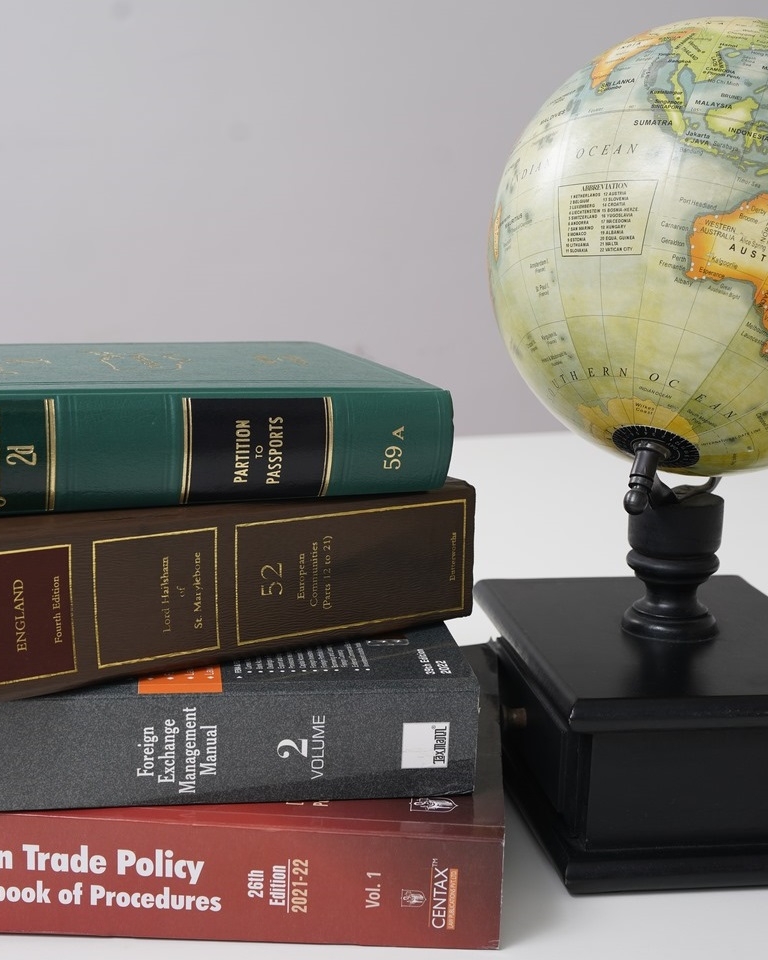Shinkansen to Subcontinent: Japan’s High-Speed Contribution to India’s Freight Future
Author: Astha Garg, Senior Associate at ZEUS Law
Published in https://www.asiancommunityne
India’s Dedicated Freight Corridor has been the centre of the Indian news for months now. This visionary endeavour aims to revolutionize India’s freight transportation, boosting efficiency and reducing costs. Japan has emerged as a crucial partner in this initiative, providing substantial support through financial assistance and technical expertise.
This corridor, which was first conceived in 2005, seeks to link the four metropolitan cities of Delhi, Mumbai, Chennai and Howrah (Kolkata), through what is commonly known as the Golden Quadrilateral and its two diagonals (Delhi-Chennai and Mumbai-Howrah). These corridors are designed exclusively for freight trains, removing a significant bottleneck caused by the current combined use of rail lines for passenger and cargo traffic.
The project was initially impaired due to delays in land acquisition and financing arrangements. However, after significant efforts, Prime Minister Narendra Modi is now all set to inaugurate the massive infrastructure project on 2nd March 2024.
What makes these corridors critical is that they will be a game-changer for not just the Indian railways but the Indian economy as it is likely to cut logistics costs on account of the time saved in transporting goods to their destination on trains with average speed of 50 kmph compared to the recent average of 25 kmph.
Japan’s Substantial Investment
The collaboration between India and Japan in the development of the Dedicated Freight Corridor dates back to 2006 when both nations signed a memorandum of understanding (MoU) to cooperate in various infrastructure projects, including railways. Since then, Japan has emerged as a significant partner, providing technical expertise, financial assistance, and advanced technologies to facilitate the project’s execution.
The Japan International Cooperation Agency (JICA), a key Japanese government agency, has played a fundamental role in making the DFC a reality. Recognizing the project’s potential, JICA has extended generous Official Development Assistance (ODA) loans exceeding 580 billion Japanese Yen (approximately INR 33,000 Crore). These loans, offered on exceptionally favorable terms, underscore Japan’s deep commitment to infrastructure development in India.
The most recent of these contributions has been the loan of INR 7517 crores extended by the JICA as recently as in March 2022 as part of Phase 2 of the corridors.
The loan agreement was signed between the Additional Secretary, Department of Economic Affairs, Ministry of Finance, Government of India and Mr. SAITO Mitsunori, Chief Representative, JICA India.
Speaking on this occasion, Mr. SAITO Mitsunori, Chief Representative, JICA India said, “The Western Dedicated Freight Corridor being developed by the project runs between Delhi and Mumbai and covers the areas where significant commercial and industrial development is seen. The Western DFC Project is an important part of the “Delhi-Mumbai Industrial Corridor (DMIC) initiative”, which is part of the Japanese-Indian collaborative Project aimed at comprehensive regional development. It will help to promote comprehensive regional economic development along the freight corridor in DMIC area.”[1]
Phase 2 of the project involves constrction of a new 550 km freight line (“Dadri to Rewari” and “Vadodara to Mumbai”) connecting the major cities in Gujarat and Maharashtra states.
Technological Transfer and Expertise
Japan’s expertise in high-speed rail technology and efficient freight transportation systems has been invaluable to India’s DFC project. Beyond financial support, Japan has also shared invaluable technological expertise. Japanese engineers and consultants have collaborated closely with their Indian counterparts, facilitating the transfer of knowledge and best practices. Advanced Japanese technologies in signalling, train control systems, and track construction are being adapted and implemented within the DFC project.
Capacity Building and Skill Development:
In addition to financial and technical support, Japan has actively contributed to capacity building and skill development in the Indian railway sector. Training programs, workshops, and exchange initiatives facilitated by Japanese institutions have empowered Indian railway personnel with the necessary skills and knowledge to manage and operate the Dedicated Freight Corridor effectively. This human resource development aspect of the collaboration ensures the sustainability and long-term success of the project.
Mutual Benefits and Strategic Partnership:
The partnership between India and Japan in the development of the Dedicated Freight Corridor underscores the mutual benefits and strategic importance of bilateral cooperation in infrastructure development. For India, Japan’s support not only accelerates the realization of its infrastructure goals but also strengthens diplomatic ties and fosters economic growth. Similarly, Japan’s involvement in India’s transportation sector aligns with its broader strategy of expanding infrastructure investments and enhancing connectivity in the Indo-Pacific region.
Symbol of Indo-Japanese Partnership
The DFC stands as a shining example of the robust partnership between India and Japan. The two nations share a strategic alliance and commitment to the development of robust infrastructure across Asia. Japan’s support for the DFC exemplifies this collaborative spirit, strengthening ties and contributing to the shared vision of a modernized and prosperous India.
About the Authors:
Ms. Astha Garg is a Senior Associate in the Dispute Resolution Team at Zeus Law Associates.
Zeus Law Associates is an ISO certified full service corporate commercial law firm with a team of dedicated and experienced lawyers well versed in handling domestic and cross border transactions across sectors,
[1] Press Release, dated 31 March 2022, Japan International Cooperation Agency. Available at https://www.jica.go.jp/Resource/india/english/office/topics/press220331_02.html





